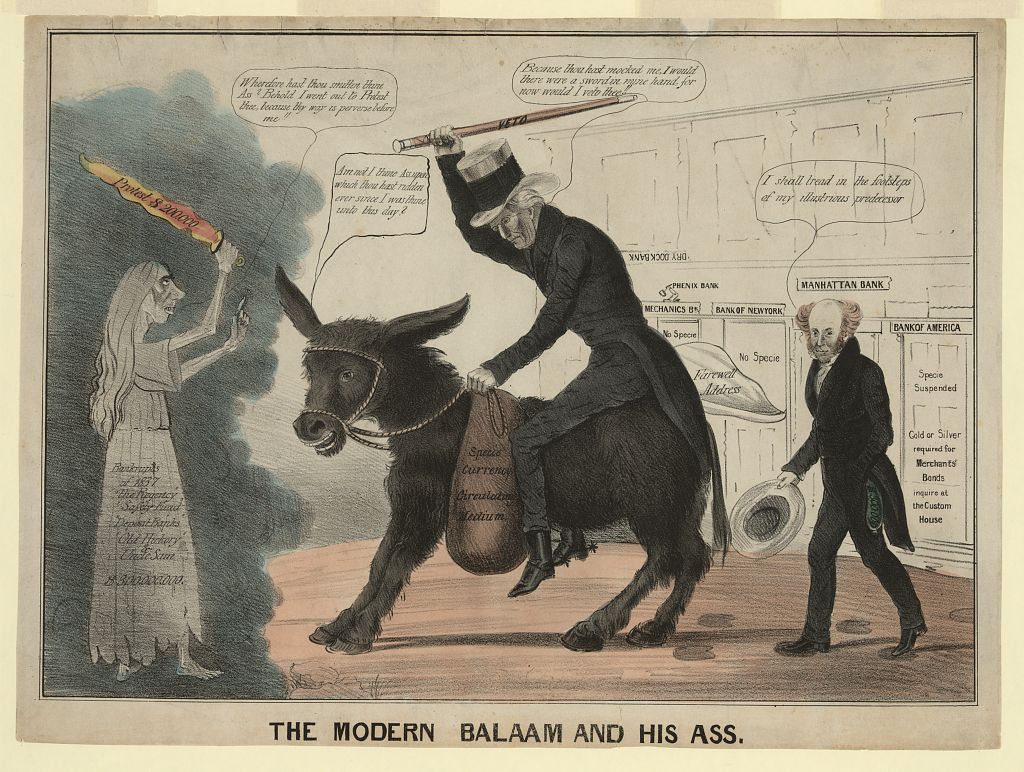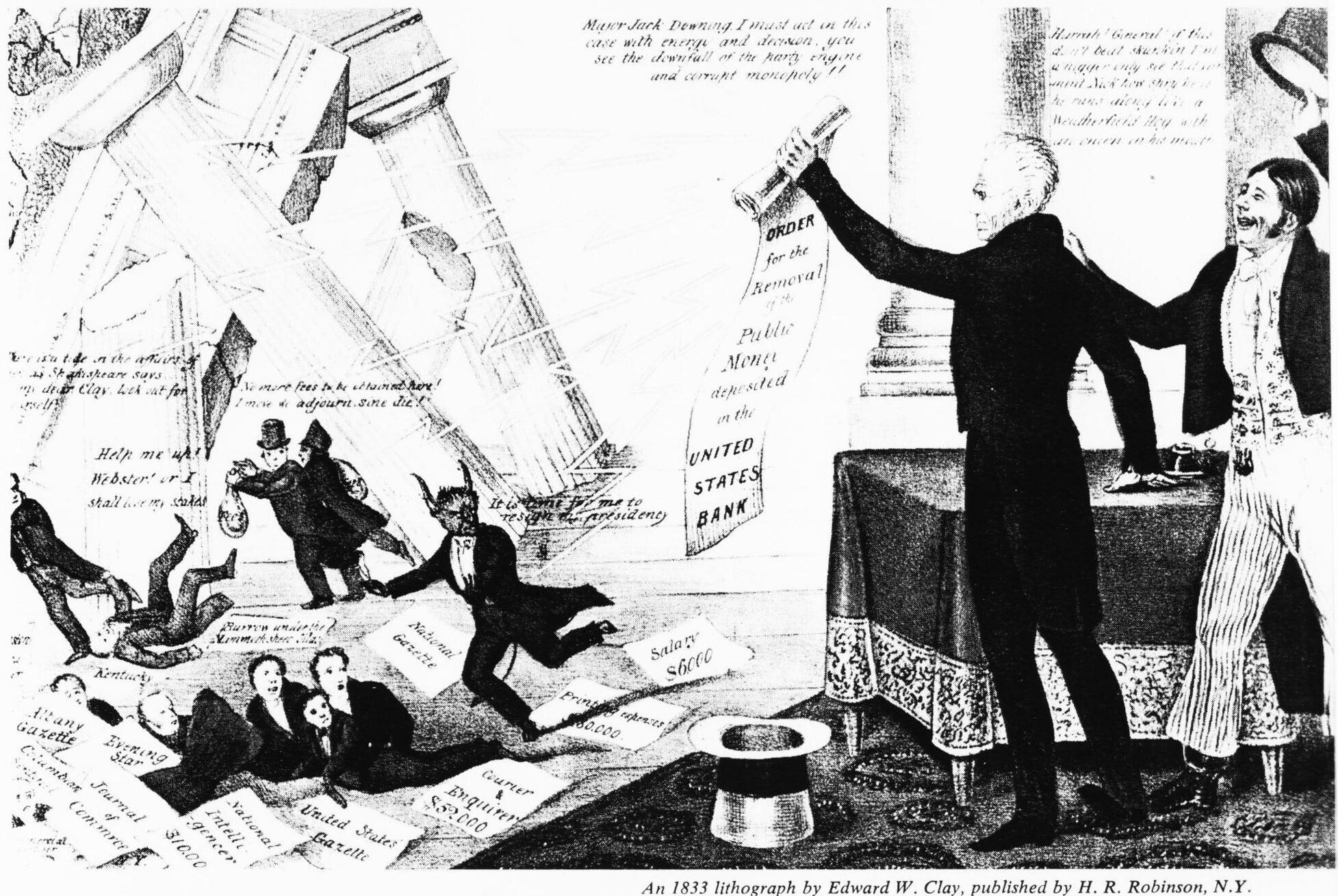|
George Dromgoole
George Coke Dromgoole (May 15, 1797 – April 27, 1847) was a nineteenth-century politician and lawyer from Virginia. He was the uncle of Alexander Dromgoole Sims and the son of Irish-born pioneer Methodist circuit rider Edward Dromgoole. Biography Born in Lawrenceville, Virginia, Dromgoole completed preparatory studies, studied law and was admitted to the bar. He was a member of the Virginia House of Delegates from 1823 to 1826, a member of the Virginia Senate from 1826 to 1835 and was a delegate to the Virginia Constitutional Convention in 1829. Dromgoole was elected a Jacksonian and Democrat to the United States House of Representatives in 1834, serving from 1835 to 1841, declining reelection in 1840. He was later elected back in 1842, serving again from 1843 until his death on April 27, 1847, at his estate in Brunswick County, Virginia. He was interred in the family cemetery south of the Meherrin River. Dromgoole also has a cenotaph at Congressional Cemetery in Washi ... [...More Info...] [...Related Items...] OR: [Wikipedia] [Google] [Baidu] |
Virginia
Virginia, officially the Commonwealth of Virginia, is a state in the Mid-Atlantic and Southeastern regions of the United States, between the Atlantic Coast and the Appalachian Mountains. The geography and climate of the Commonwealth are shaped by the Blue Ridge Mountains and the Chesapeake Bay, which provide habitat for much of its flora and fauna. The capital of the Commonwealth is Richmond; Virginia Beach is the most-populous city, and Fairfax County is the most-populous political subdivision. The Commonwealth's population was over 8.65million, with 36% of them living in the Baltimore–Washington metropolitan area. The area's history begins with several indigenous groups, including the Powhatan. In 1607, the London Company established the Colony of Virginia as the first permanent English colony in the New World. Virginia's state nickname, the Old Dominion, is a reference to this status. Slave labor and land acquired from displaced native tribes fueled the ... [...More Info...] [...Related Items...] OR: [Wikipedia] [Google] [Baidu] |
Jacksonian Party (United States)
Jacksonian democracy was a 19th-century political philosophy in the United States that expanded suffrage to most white men over the age of 21, and restructured a number of federal institutions. Originating with the seventh U.S. president, Andrew Jackson and his supporters, it became the nation's dominant political worldview for a generation. The term itself was in active use by the 1830s. This era, called the Jacksonian Era or Second Party System by historians and political scientists, lasted roughly from Jackson's 1828 election as president until slavery became the dominant issue with the passage of the Kansas–Nebraska Act in 1854 and the political repercussions of the American Civil War dramatically reshaped American politics. It emerged when the long-dominant Democratic-Republican Party became factionalized around the 1824 United States presidential election. Jackson's supporters began to form the modern Democratic Party. His political rivals John Quincy Adams and Henr ... [...More Info...] [...Related Items...] OR: [Wikipedia] [Google] [Baidu] |
1847 Deaths
Events January–March * January 4 – Samuel Colt sells his first revolver pistol to the U.S. government. * January 13 – The Treaty of Cahuenga ends fighting in the Mexican–American War in California. * January 16 – John C. Frémont is appointed Governor of the new California Territory. * January 17 – St. Anthony Hall fraternity is founded at Columbia University, New York City. * January 30 – Yerba Buena, California, is renamed San Francisco. * February 5 – A rescue effort, called the First Relief, leaves Johnson's Ranch to save the ill-fated Donner Party (California-bound emigrants who became snowbound in the Sierra Nevada earlier this winter; some have resorted to survival by cannibalism). * February 22 – Mexican–American War: Battle of Buena Vista – 5,000 American troops under General Zachary Taylor use their superiority in artillery to drive off 15,000 Mexican troops under Antonio López de Santa Anna, defeating the Mexicans the next day. * ... [...More Info...] [...Related Items...] OR: [Wikipedia] [Google] [Baidu] |
1797 Births
Events January–March * January 3 – The Treaty of Tripoli, a peace treaty between the United States and Ottoman Tripolitania, is signed at Algiers (''see also'' 1796). * January 7 – The parliament of the Cisalpine Republic adopts the Italian green-white-red tricolour as the official flag (this is considered the birth of the flag of Italy). * January 13 – Action of 13 January 1797, part of the War of the First Coalition: Two British Royal Navy frigates, HMS ''Indefatigable'' and HMS ''Amazon'', drive the French 74-gun ship of the line '' Droits de l'Homme'' aground on the coast of Brittany, with over 900 deaths. * January 14 – War of the First Coalition – Battle of Rivoli: French forces under General Napoleon Bonaparte defeat an Austrian army of 28,000 men, under ''Feldzeugmeister'' József Alvinczi, near Rivoli (modern-day Italy), ending Austria's fourth and final attempt to relieve the fortress city of Mantua. * January 26 – Th ... [...More Info...] [...Related Items...] OR: [Wikipedia] [Google] [Baidu] |
Richard K
Richard is a male given name. It originates, via Old French, from Old Frankish and is a compound of the words descending from Proto-Germanic ''*rīk-'' 'ruler, leader, king' and ''*hardu-'' 'strong, brave, hardy', and it therefore means 'strong in rule'. Nicknames include "Richie", "Dick", "Dickon", " Dickie", "Rich", "Rick", "Rico", "Ricky", and more. Richard is a common English, German and French male name. It's also used in many more languages, particularly Germanic, such as Norwegian, Danish, Swedish, Icelandic, and Dutch, as well as other languages including Irish, Scottish, Welsh and Finnish. Richard is cognate with variants of the name in other European languages, such as the Swedish "Rickard", the Catalan "Ricard" and the Italian "Riccardo", among others (see comprehensive variant list below). People named Richard Multiple people with the same name * Richard Andersen (other) * Richard Anderson (other) * Richard Cartwright (other) * Ri ... [...More Info...] [...Related Items...] OR: [Wikipedia] [Google] [Baidu] |
List Of United States Congress Members Who Died In Office (1790–1899)
The following is a list of United States senators and representatives who died of natural or accidental causes, or who killed themselves, while serving their terms between 1790 and 1899. For a list of members of Congress who were killed while in office, see List of United States Congress members killed or wounded in office. See also * List of United States Congress members who died in office (1900–1949) * List of United States Congress members who died in office (1950–1999) * List of United States Congress members who died in office (2000–) The following is a list of United States senators and representatives who died while they were serving their terms after 2000. 2000s 2010s 2020s See also * List of United States Congress members who died in office (1790–1899) * List ... References External links Addresses for members of the U.S. Congress who died in the 1860sAddresses for members of the U.S. Congress who died in the 1870sMemorial Addresses for ... [...More Info...] [...Related Items...] OR: [Wikipedia] [Google] [Baidu] |
Congressional Cemetery
The Congressional Cemetery, officially Washington Parish Burial Ground, is a historic and active cemetery located at 1801 E Street, SE, in Washington, D.C., on the west bank of the Anacostia River. It is the only American "cemetery of national memory" founded before the Civil War.National Historic Landmark Nomination, p. 4 Over 65,000 individuals are buried or memorialized at the cemetery, including many who helped form the nation and the city of Washington in the early 19th century. Although the Episcopal Christ Church, Washington Parish owns the cemetery, the U.S. government has purchased 806 burial plots, which are administered by the Department of Veterans Affairs. Congress, located about a mile and a half (2.4 km) to the northwest, has greatly influenced the history of the cemetery. The cemetery still sells plots, and is an active burial ground. From the Washington Metro, the cemetery lies three blocks east of the Potomac Avenue station and two blocks south of the St ... [...More Info...] [...Related Items...] OR: [Wikipedia] [Google] [Baidu] |
Cenotaph
A cenotaph is an empty tomb or a monument erected in honour of a person or group of people whose remains are elsewhere. It can also be the initial tomb for a person who has since been reinterred elsewhere. Although the vast majority of cenotaphs honour individuals, many noted cenotaphs are instead dedicated to the memories of groups of individuals, such as the lost soldiers of a country or of an empire. Etymology The word "cenotaph" in the English Language is derived from the Greek el, κενοτάφιον, kenotaphion, label=none. It is a compound word that is created from the morphological combination of two root words: # el, κενός, kenos, label=none meaning "empty" # el, τάφος, taphos, label=none meaning "tomb", from el, θαπτω, thapto, I bury, label=none History Cenotaphs were common in the ancient world. Many were built in Ancient Egypt, Ancient Greece and across Northern Europe (in the shape of Neolithic barrows). The cenotaph in Whitehall, Lon ... [...More Info...] [...Related Items...] OR: [Wikipedia] [Google] [Baidu] |
Meherrin River
The Meherrin River is a long 6th order tributary to the Chowan River that joins in Hertford County, North Carolina. A twenty-foot-high dam on the river creates a reservoir in Emporia. For most of its length, the Meherrin is not large enough for commercial traffic. It widens somewhat between Murfreesboro, North Carolina and the Chowan. Prior to the American Civil War, this section of the river was a significant trading route for Northeastern North Carolina. The river was named after the Meherrin Indians, whose territory was along it. Variant names According to the Geographic Names Information System, it has also been known historically as: *Maherine River *Maherrin River *Mehearin River *Meherin River *Pochike River *Wayanock *Woodford River Course The Meherrin River is formed at the confluence of the South Meherrin River and North Meherrin River at Reekes Mill, Virginia, and then flows southeasterly into North Carolina to join the Chowan River about 0.5 miles north of Chowa ... [...More Info...] [...Related Items...] OR: [Wikipedia] [Google] [Baidu] |
United States House Of Representatives
The United States House of Representatives, often referred to as the House of Representatives, the U.S. House, or simply the House, is the Lower house, lower chamber of the United States Congress, with the United States Senate, Senate being the Upper house, upper chamber. Together they comprise the national Bicameralism, bicameral legislature of the United States. The House's composition was established by Article One of the United States Constitution. The House is composed of representatives who, pursuant to the Uniform Congressional District Act, sit in single member List of United States congressional districts, congressional districts allocated to each U.S. state, state on a basis of population as measured by the United States Census, with each district having one representative, provided that each state is entitled to at least one. Since its inception in 1789, all representatives have been directly elected, although universal suffrage did not come to effect until after ... [...More Info...] [...Related Items...] OR: [Wikipedia] [Google] [Baidu] |
Jacksonian Democracy
Jacksonian democracy was a 19th-century political philosophy in the United States that expanded suffrage to most white men over the age of 21, and restructured a number of federal institutions. Originating with the seventh U.S. president, Andrew Jackson and his supporters, it became the nation's dominant political worldview for a generation. The term itself was in active use by the 1830s. This era, called the Jacksonian Era or Second Party System by historians and political scientists, lasted roughly from Jackson's 1828 election as president until slavery became the dominant issue with the passage of the Kansas–Nebraska Act in 1854 and the political repercussions of the American Civil War dramatically reshaped American politics. It emerged when the long-dominant Democratic-Republican Party became factionalized around the 1824 United States presidential election. Jackson's supporters began to form the modern Democratic Party. His political rivals John Quincy Adams and Henr ... [...More Info...] [...Related Items...] OR: [Wikipedia] [Google] [Baidu] |






.jpg)
